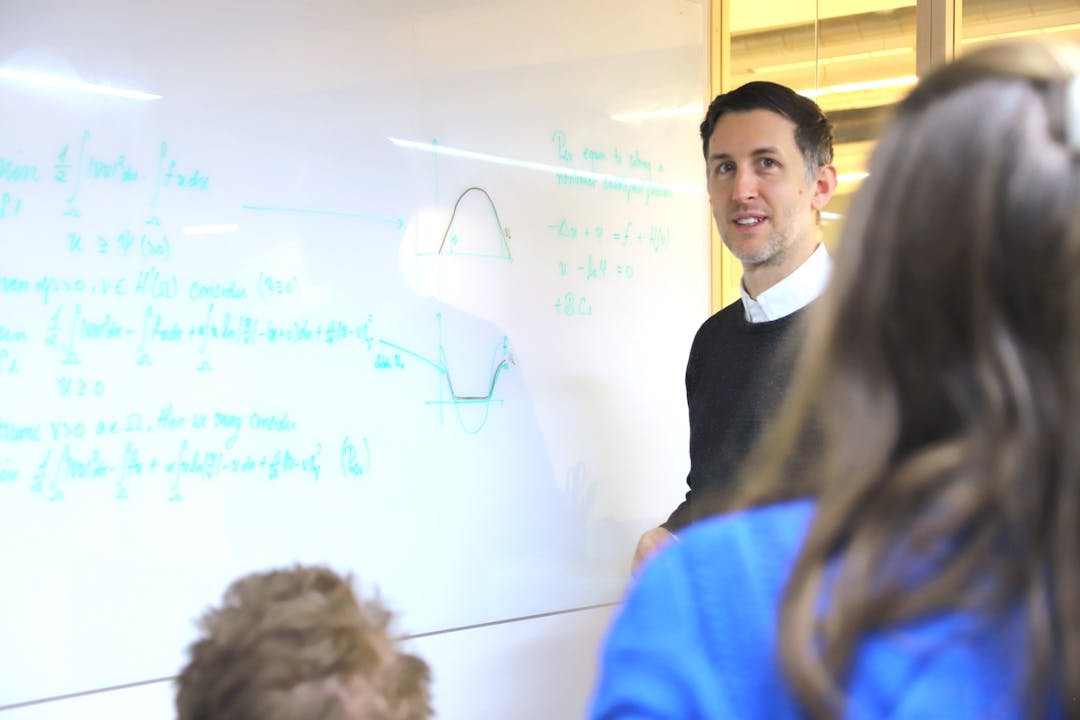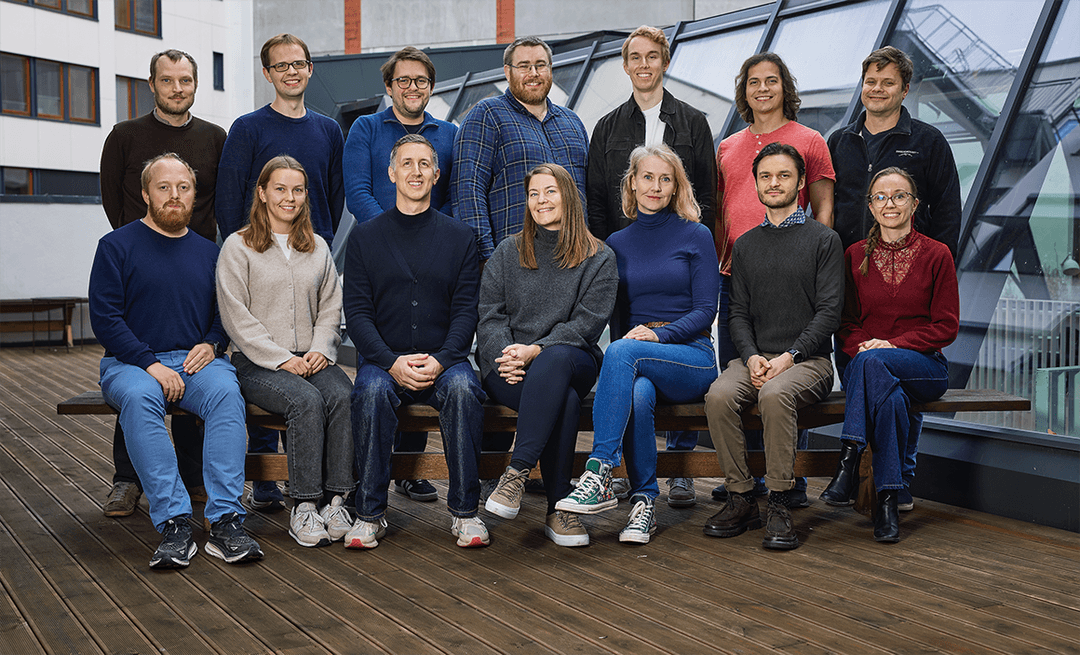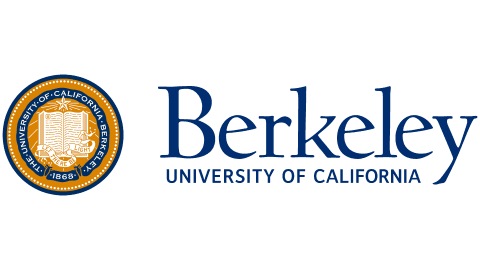Numerical Analysis and Scientific Computing
Our mission is to develop mathematical methods and scientific tools to better understand complex processes within domains such as brain physiology, green energy and economics. The department team further creates numerical simulation technology that is openly accessible to the research community.
SCAN hosts research projects with multi-disciplinary teams consisting of experts in mathematics, numerical methods, physical modelling and optimization, and scientific software development.
"SCAN addresses challenges across all stages in scientific computing – from the theoretical foundations to implementation and open-access numerical software, and in-silico studies providing insight into fundamental physiological processes."
Dr. Ada Ellingsrud, head of the SCAN department
Focus areas
Mathematical and numerical modelling of brain mechanics
We develop mathematical foundations and numerical methods for high-resolution simulations of brain tissue biomechanics - from the cellular to the organ level. Using techniques such as finite element methods, reduced order modeling and machine learning we work on advancing numerical analysis and building robust algorithms for multi-physics systems.
In collaboration with medical doctors, we further apply the simulation technologies to investigate key mechanisms driving brain fluid flow, transport and waste clearance. The research includes development of personalized, image-based simulation tools, offering patient-specific insights into brain health and disease.
Through interdisciplinary projects such as aCleanBrain, the Jebsen Center for Brain Fluid Research, and Mathematical Challenges in Brain Mechanics, we have built a strong collaborative environment that generates scientific impact across both mathematics and medicine.
Scientific software development
An important aspect of our work is to make our developments accessible to researchers and engineers through open-source software. The FEniCS project (fenicsproject.org) is a central component in the research in SCAN. Historically, several core components have been developed at Simula, including the Unified Form Language (UFL). Currently, the work with the FEniCS project is split in two components:
→ Development of the core library (DOLFINx, FFCx, Basix, UFL)
→ Using FEniCS to model biological processes, see e.g. the FEniCS-In-The-Wild project
Biologically inspired artificial intelligence
Our research explores the powerful connections between natural and artificial intelligence. We investigate the fundamental principles of the brain - how it learns to navigate complex spaces, how it forms and retrieves memories, and how it develops complex behaviors from simple rules. By translating these biological insights into new computational frameworks, we aim to build AI that is more adaptive, robust, and efficient. We work bidirectionally. The AI models we create are not just an end-product; they also serve as powerful scientific tools, allowing us to test our understanding of the brain in new ways.
















